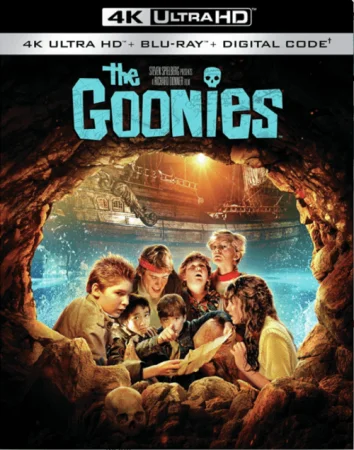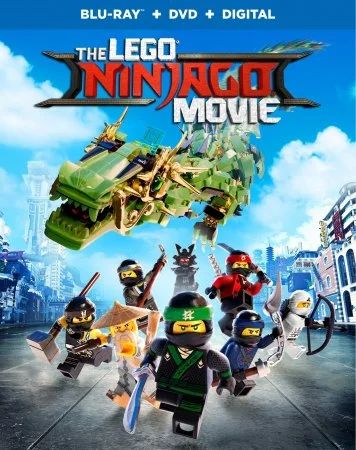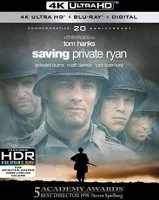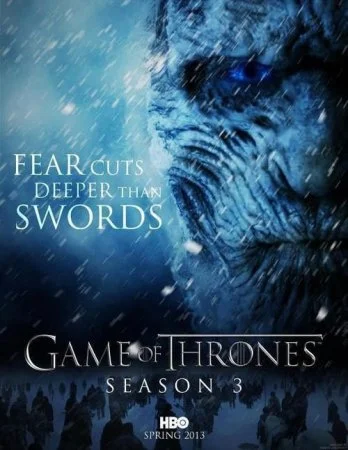Featured Movies
Ran 4K 1985 JAPANESE Ultra HD 2160p
Сountry: France | Japan
Genre: Drama
Language: English, Germany, French, Japanese
Cast: Tatsuya Nakadai, Akira Terao, Jinpachi Nezu, Daisuke Ryû, Mieko Harada, Yoshiko Miyazaki, Hisashi Igawa, Pîtâ, Masayuki Yui, Kazuo Katô, Norio Matsui, Toshiya Ito, Kenji Kodama, Takashi Watanabe, Mansai Nomura, Takeshi Katô, Jun Tazaki, Hitoshi Ueki.
Storyline
Japanese warlord Hidetori Ichimonji decides the time has come to retire and divide his fiefdom among his three sons. His eldest and middle sons - Taro and Jiro - agree with his decision and promise to support him for his remaining days. The youngest son Saburo disagrees with all of them arguing that there is little likelihood the three brothers will remain united. Insulted by his son's brashness, the warlord banishes Saburo. As the warlord begins his retirement, he quickly realizes that his two eldest sons selfish and have no intention of keeping their promises. It leads to war and only banished Saburo can possibly save him.
User Review
Throughout his career Kurosawa strove to achieve what he called "real cinema", proclaiming that "in all [his] films, there's [only] three or four minutes" of such quality. Many would argue that he was his greatest critic. For if not in "Seven Samurai", then definitely in "Ikiru" and if not in "High and Low", then definitely in "Rashomon" he must have achieved this plateau of greatness. Well, if not in any of his other films, then definitely in "Ran" Kurosawa finally came to the apex of cinematic artistry. With the both lyrical and grandiose tone of its craft, its beautifully spare imagery, its haunting score by Toru Takemitsu, and its lead Tatsuya Nakadai's masterful understated performance, "Ran" is perhaps the most fully realized epic ever made.
The tale, which is an adaptation of Shakespeare's "King Lear", begins as Lord Hidetora Ichimonji and his court are out hunting. During a break in the hunt, Hidetora proclaims his adbication from the hight seat of the Great Lord and bestows his lands unto his three sons, dividing them up equally. He declares his oldest to be his successor in power. When his youngest son and one of his faithful nobles, express their concerns on this idea, Hidetora foolishly banishes them both, mistaking their advice as insolence. With this opening scene, the peaces are aligned and soon 'chaos' as the film is aptly named will break out throughout the land. From here, we see the downfall of Hidetora and all those who surround him. The film retains all the themes of the original play, but also thanks to Kurosawa's own input addresses a slew of even more varied ideas. Like Shakespeare, Kurosawa is greatly interested in the responsibility of the leader and the hypocrisies and ironies of an autocratic system. The most obvious though not the central theme in the whole film is war, and Kurosawa explores this theme to its full extent throughout the film. In perhaps the most grandiose battle scene every filmed, he demonstrates the destructive consequences and the paradoxical beauty of conflict.
Here, Kurosawa implements the camera with masterful skill not once employing the editing/photography tricks and gimmicks so often seen in films (even the good ones) today. This director has an awareness of the past and the history of film, but also the creative spontaneity of a true genius. In "Ran", he focuses on the more methodically simple yet artistically complex montage of Eisenstein, and on the strict compositions of Ozu. He employs the most basic and yet most artistic of techniques. Each shot is planned to precision, and each cut is made for a purpose. The coreagraphy and blocking of each scene is simple and powerful, and Kurosawa allows the actors to play out these scenes without the intrusion of the camera or the editor. Thus, the director prevents the style from eclipsing the already powerful material he has to work with. Simply put, "Ran" is a masterpiece that flows and develops like an opera, from its forebodingly peaceful ouverture to its bloody Shakespearean heart until its final, quietly subdued, and sorrowful denouement.
Japanese warlord Hidetori Ichimonji decides the time has come to retire and divide his fiefdom among his three sons. His eldest and middle sons - Taro and Jiro - agree with his decision and promise to support him for his remaining days. The youngest son Saburo disagrees with all of them arguing that there is little likelihood the three brothers will remain united. Insulted by his son's brashness, the warlord banishes Saburo. As the warlord begins his retirement, he quickly realizes that his two eldest sons selfish and have no intention of keeping their promises. It leads to war and only banished Saburo can possibly save him.
User Review
Throughout his career Kurosawa strove to achieve what he called "real cinema", proclaiming that "in all [his] films, there's [only] three or four minutes" of such quality. Many would argue that he was his greatest critic. For if not in "Seven Samurai", then definitely in "Ikiru" and if not in "High and Low", then definitely in "Rashomon" he must have achieved this plateau of greatness. Well, if not in any of his other films, then definitely in "Ran" Kurosawa finally came to the apex of cinematic artistry. With the both lyrical and grandiose tone of its craft, its beautifully spare imagery, its haunting score by Toru Takemitsu, and its lead Tatsuya Nakadai's masterful understated performance, "Ran" is perhaps the most fully realized epic ever made.
The tale, which is an adaptation of Shakespeare's "King Lear", begins as Lord Hidetora Ichimonji and his court are out hunting. During a break in the hunt, Hidetora proclaims his adbication from the hight seat of the Great Lord and bestows his lands unto his three sons, dividing them up equally. He declares his oldest to be his successor in power. When his youngest son and one of his faithful nobles, express their concerns on this idea, Hidetora foolishly banishes them both, mistaking their advice as insolence. With this opening scene, the peaces are aligned and soon 'chaos' as the film is aptly named will break out throughout the land. From here, we see the downfall of Hidetora and all those who surround him. The film retains all the themes of the original play, but also thanks to Kurosawa's own input addresses a slew of even more varied ideas. Like Shakespeare, Kurosawa is greatly interested in the responsibility of the leader and the hypocrisies and ironies of an autocratic system. The most obvious though not the central theme in the whole film is war, and Kurosawa explores this theme to its full extent throughout the film. In perhaps the most grandiose battle scene every filmed, he demonstrates the destructive consequences and the paradoxical beauty of conflict.
Here, Kurosawa implements the camera with masterful skill not once employing the editing/photography tricks and gimmicks so often seen in films (even the good ones) today. This director has an awareness of the past and the history of film, but also the creative spontaneity of a true genius. In "Ran", he focuses on the more methodically simple yet artistically complex montage of Eisenstein, and on the strict compositions of Ozu. He employs the most basic and yet most artistic of techniques. Each shot is planned to precision, and each cut is made for a purpose. The coreagraphy and blocking of each scene is simple and powerful, and Kurosawa allows the actors to play out these scenes without the intrusion of the camera or the editor. Thus, the director prevents the style from eclipsing the already powerful material he has to work with. Simply put, "Ran" is a masterpiece that flows and develops like an opera, from its forebodingly peaceful ouverture to its bloody Shakespearean heart until its final, quietly subdued, and sorrowful denouement.
File size: 65.45 GB

You have purchased premium on MoonDL or TakeFile. You will automatically be activated an additional 512 GB of traffic every 48 hours or up to 128 GB every 48 hours (Premium Moon).
Watch trailer of the movie Ran 4K 1985 JAPANESE Ultra HD 2160p
Maybe You like:
Add comments
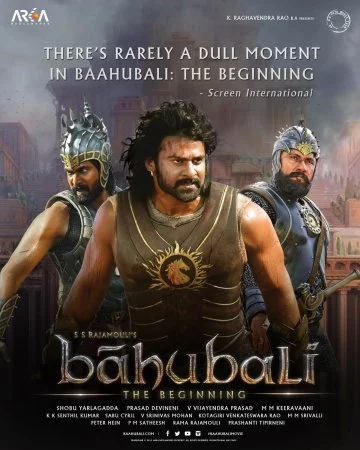
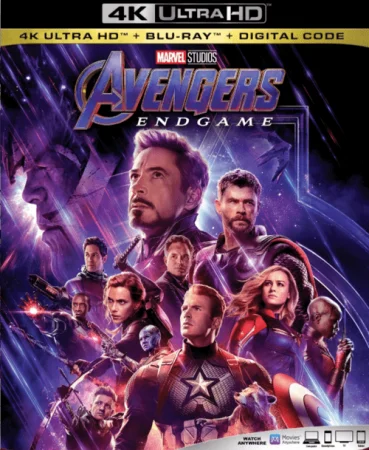
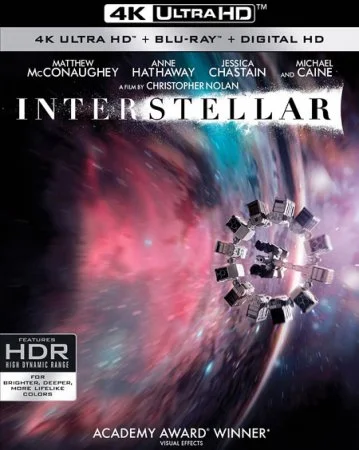
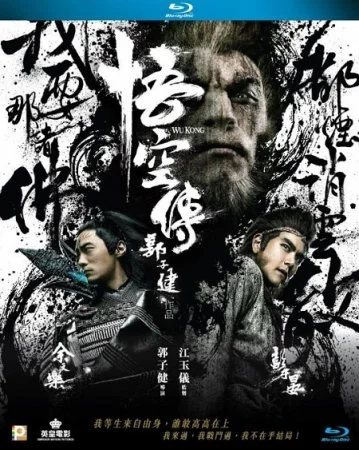

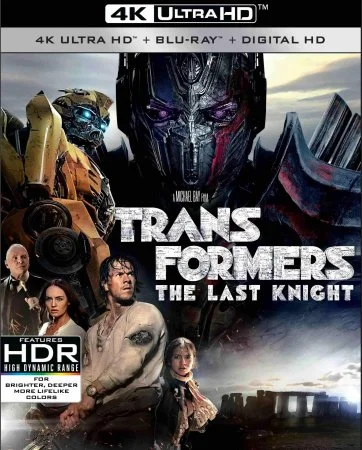

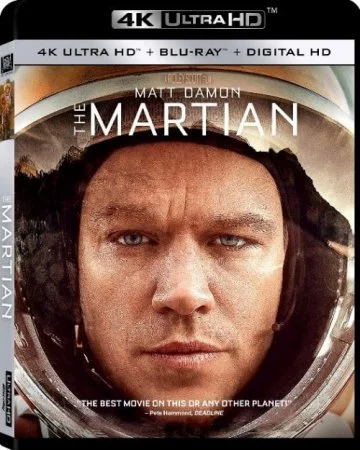
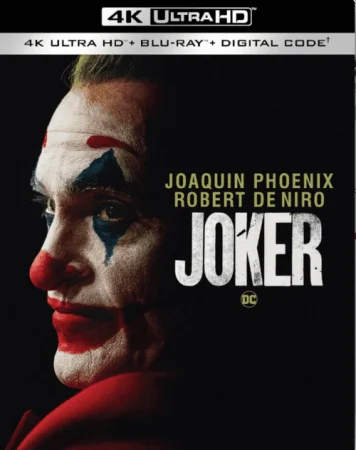
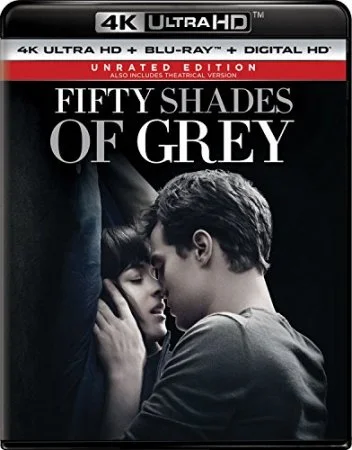
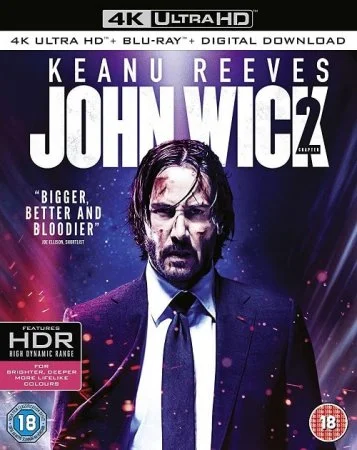

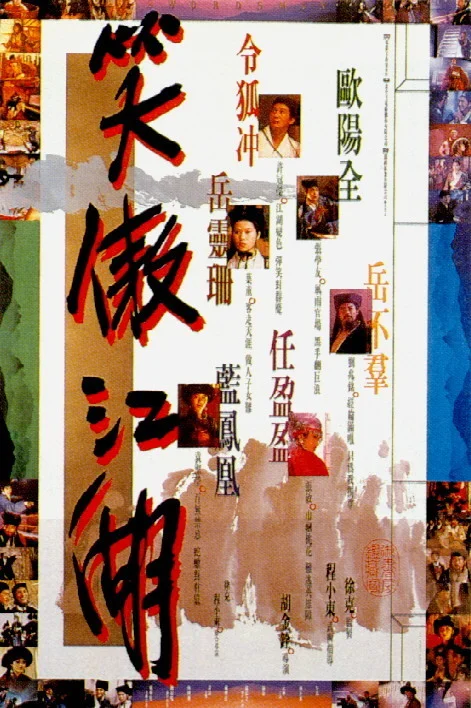
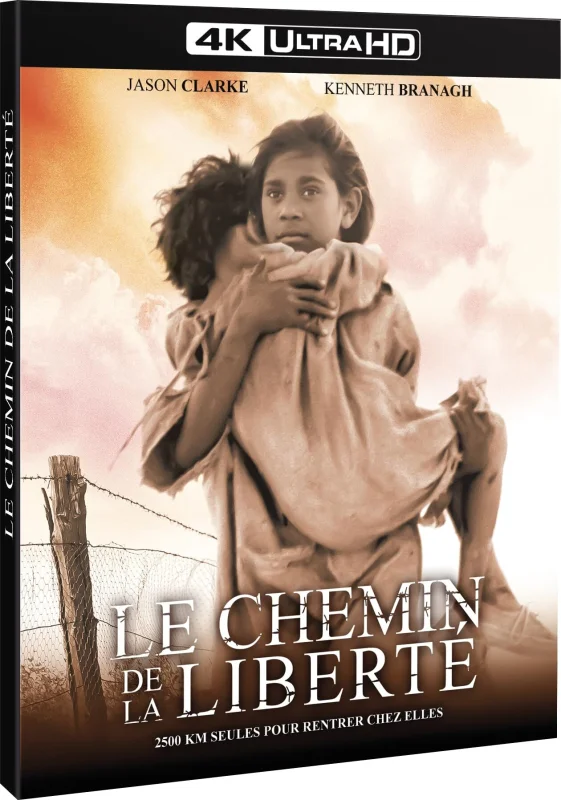
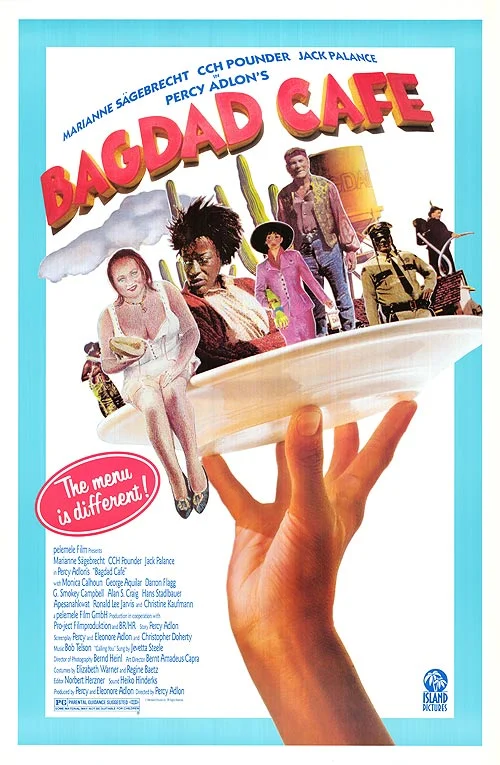
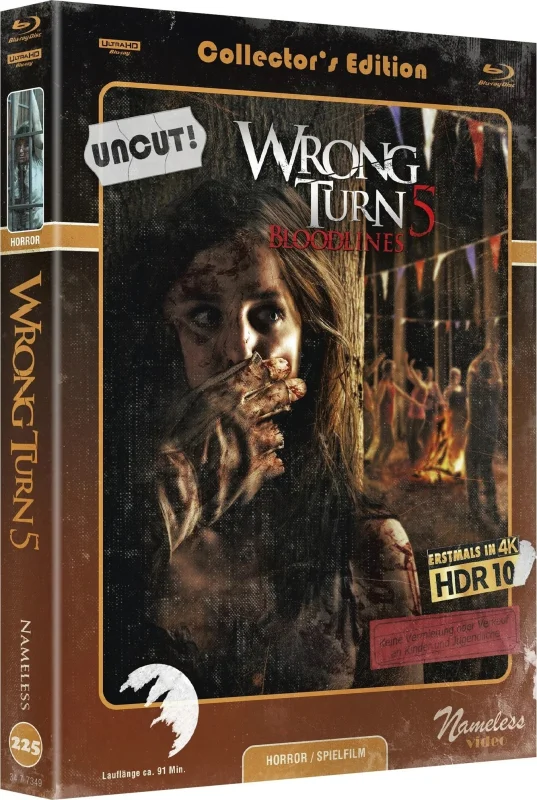
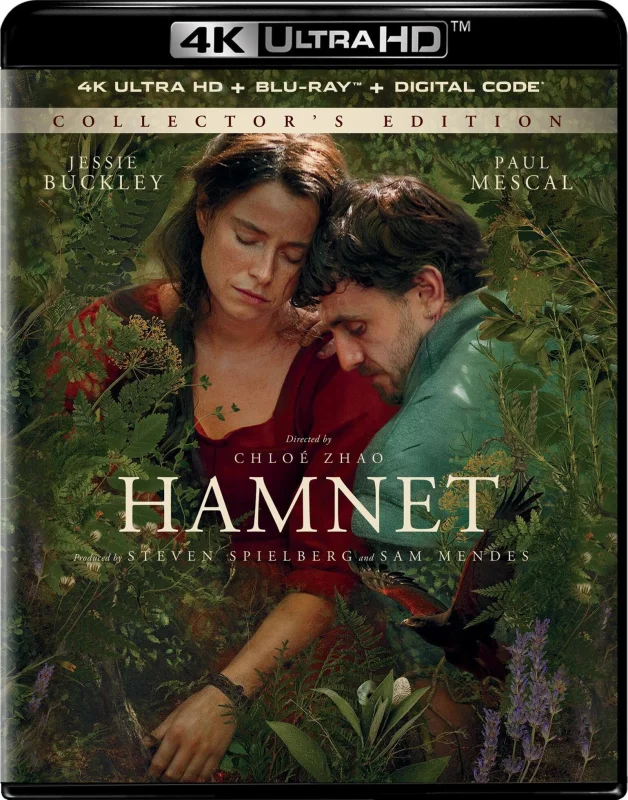
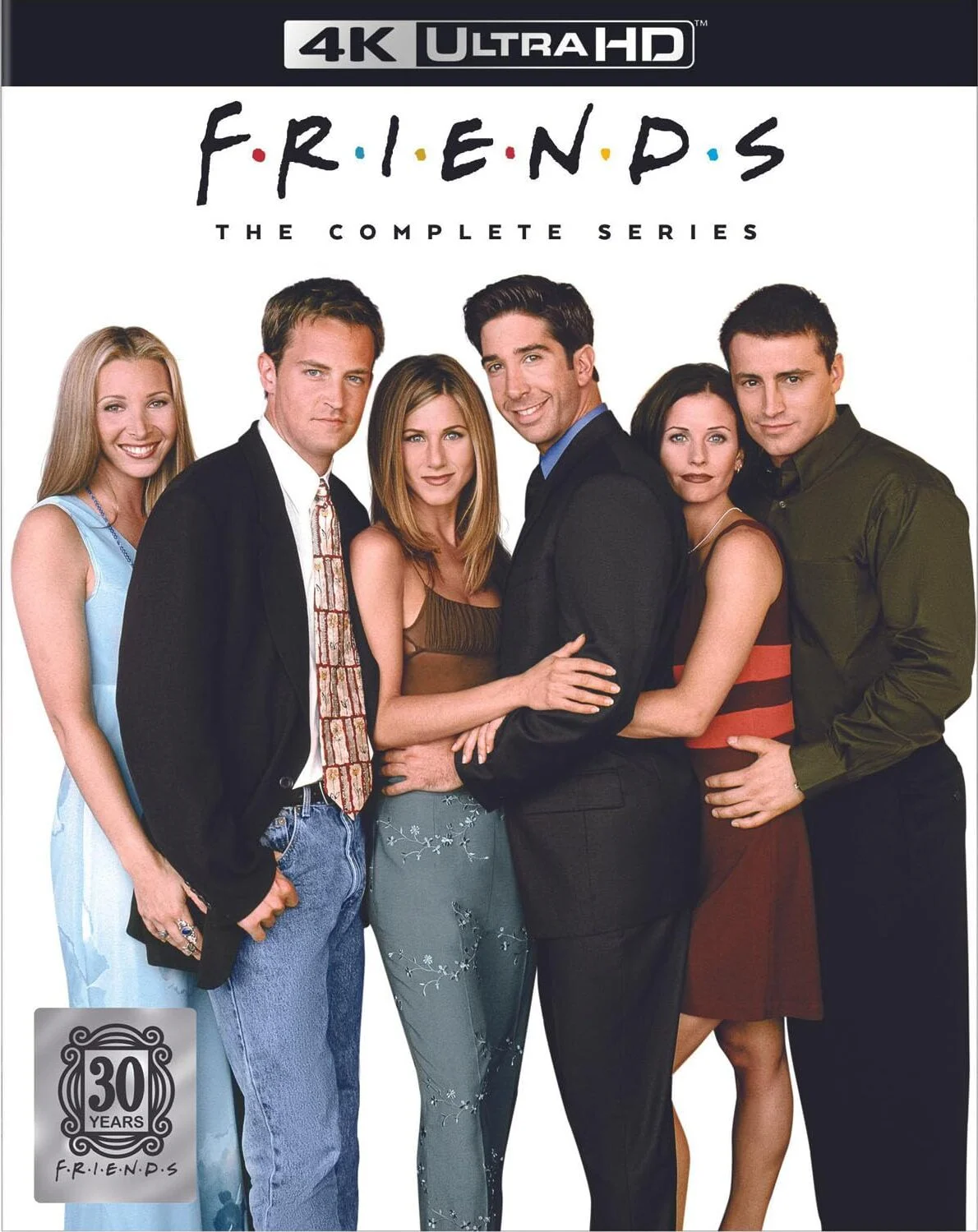




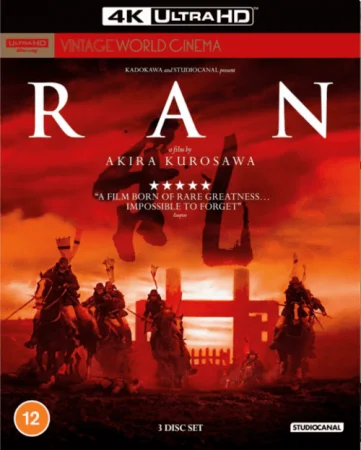
 Like
Like Don't Like
Don't Like